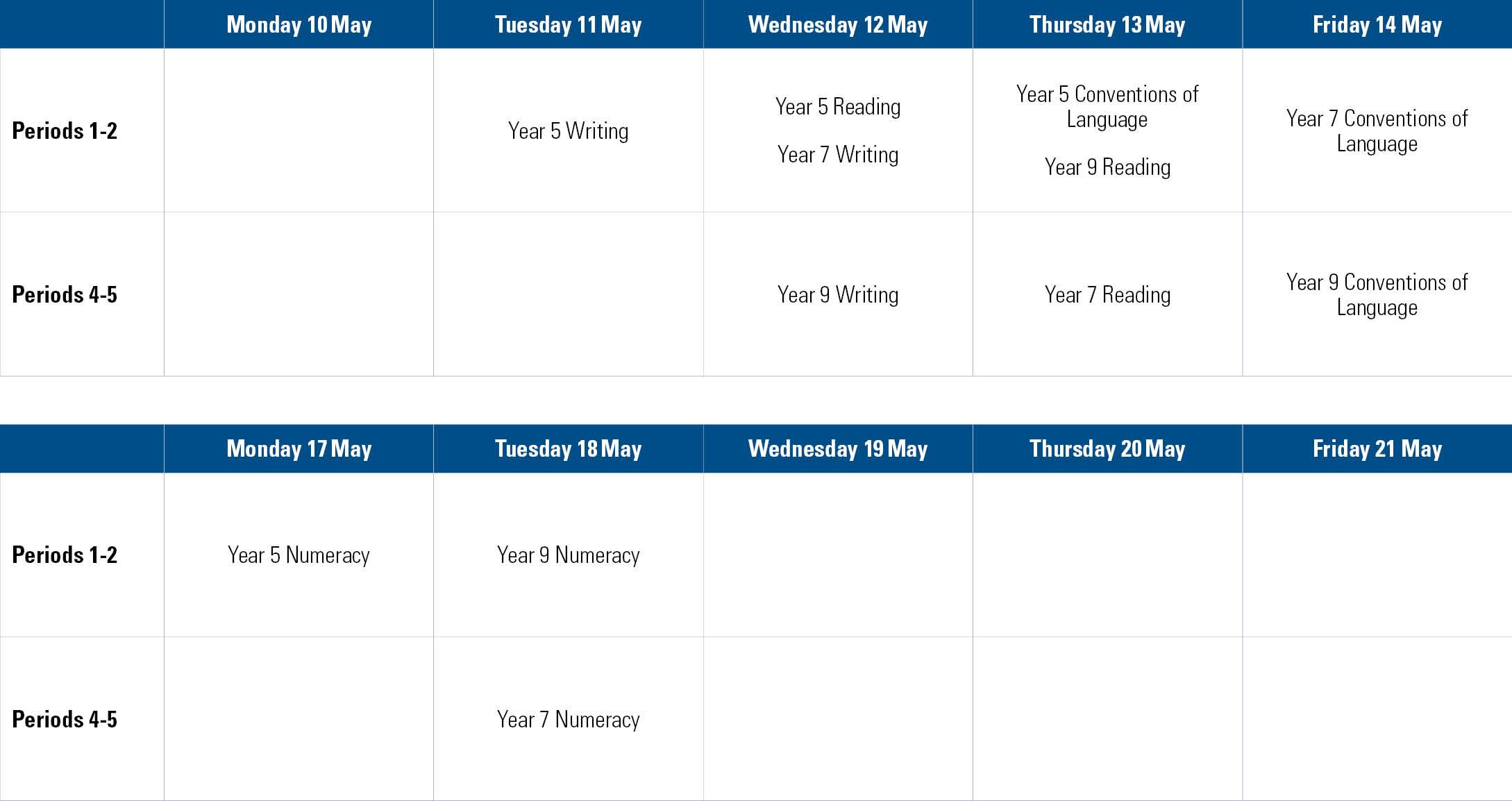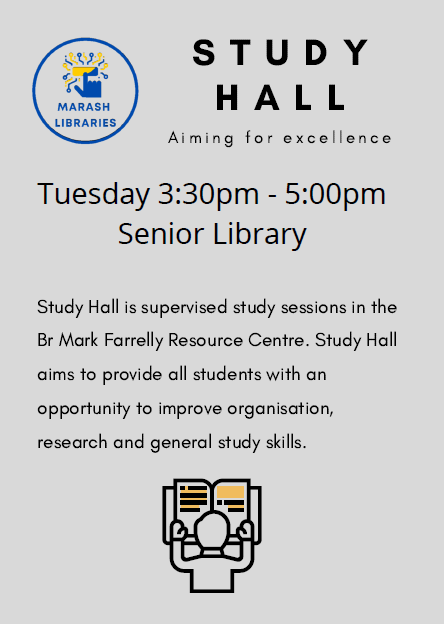Data and Pedagogical Practice News
Mrs Roxanne Rosenberg

Data and Pedagogical Practice News
Mrs Roxanne Rosenberg
Year 11 Subject Changes
A reminder to those students looking at changing subjects at the completion of Unit 1 to see Ms Jen Smeed in the Academic Care office as soon as possible.
Please email smeedj@marash.qld.edu.au or visit the Academic Care office (below the library) to organise a meeting. Following on from this, subject change forms can be issued which require signatures from relevant Curriculum Leaders, teachers and parents. If you have any questions about subject changes, please do not hesitate to contact the Senior Learning Leader, Ms Jen Smeed.
Year 12 Academic Care
As per our updated senior schooling processes, these Unit 3 results will be used as a basis for our next round of Senior Academic Interviews. These interviews will be running later in the term and will focus on the level of achievement in Unit 3, areas of focus for Unit 4, QCE attainment and pathways post-schooling. More information will be sent home about these interviews in the coming weeks. If you have any questions about Year 12 overall academic progress, please do not hesitate to contact Jen Smeed, Senior Learning Leader, at smeedj@marash.qld.edu.au.
NAPLAN 2021
On Assembly last week several boys across Years 5, 7 & 9 were congratulated on their excellent writing task completed during Week 9 of Term 1. These boys were:
Year 5 | Year 7 | Year 9 |
Kayden Kyong Christian Manning Tommy Blaszcyk Jack Davis Will Webster
| Eli Briza Ethan Barbaro Luke Garvey Alessander Javier Will Lambley Samuel Robertson | Tom Paterson Zane Cooper Tristan Woods
|
A reminder that NAPLAN is next week and boys will need to ensure that they have compatible headphones (no blue tooth devices) prior to Tuesday 11 May. Please find the NAPLAN exam times below.


During English and ASH lessons this term, students have been provided with an opportunity to familiarise themselves with the NAPLAN site. Over the course of this week, I would encourage any boy to spend some time continuing this on the Public Demonstration site in order to build greater confidence using the online system. You can use the following link to access this site:
https://www.nap.edu.au/online-assessment/public-demonstration-site
I recently read an article by Nyland & Sawarynski (2017) about setting students up for success and ways in which we can increase effective study habits. Research shows that students generally utilize ineffective study techniques such as rereading and massed practice, better known as cramming. Secondly, many studies have also demonstrated a relationship between the efficacy of study techniques and academic performance. With this in mind, it is important that our students are aware of evidence-based study techniques to help boost their academic achievement. One such technique is spaced practice.
This study technique would have boys review their subject material over a long period of time. This gives the boys time for their brain to make connections between the concepts taught so that knowledge can be built upon and recalled later. This works because you are leaving enough time to forget (almost), which sounds ineffective but an important part of remembering is forgetting.
When our brains have almost forgotten something, it makes them work harder to recall that information later on. Spacing revision or study gives our brain a workout each time they visit their material, moving knowledge to his long-term memory. The diagram below outlines the “forgetting curve”. With spaced practice, the chance of remembering newly learned information improves each time boys space their study.
“Learning occurs best when new information is incorporated gradually into the memory store rather than when it is jammed in all at once.”
- John Medina, Brain Rules


How to plan a spaced practice study schedule?
1. Plan for short and frequent study sessions
2. Review learnt content over an extended period of time
3. Review older material first
4. Create summaries and checklists
There are several techniques that have been identified to help students of all ages to learn, understand and retain materials. If your son would like further help with his study and organisation he is encouraged to attend Study Hall.

